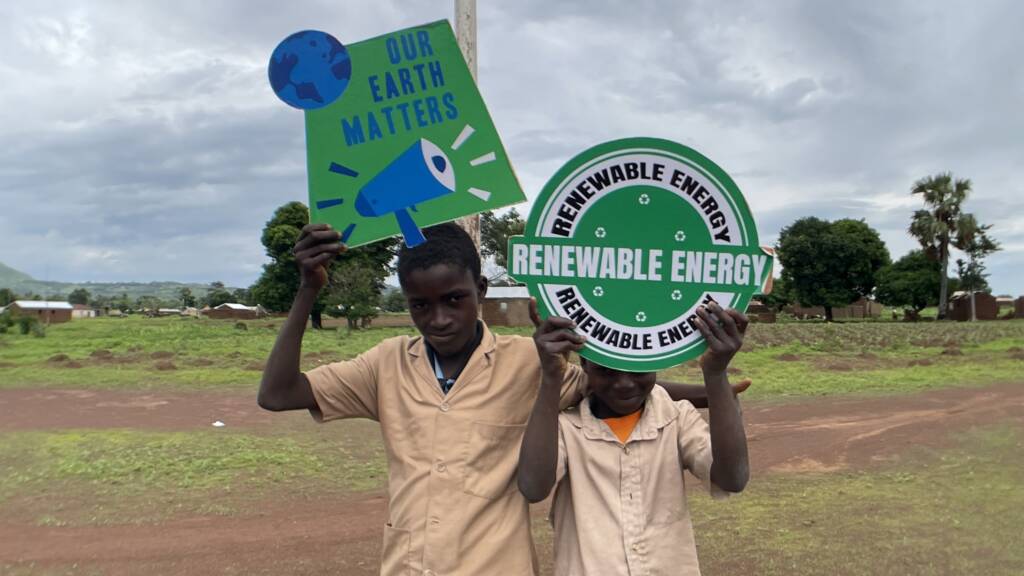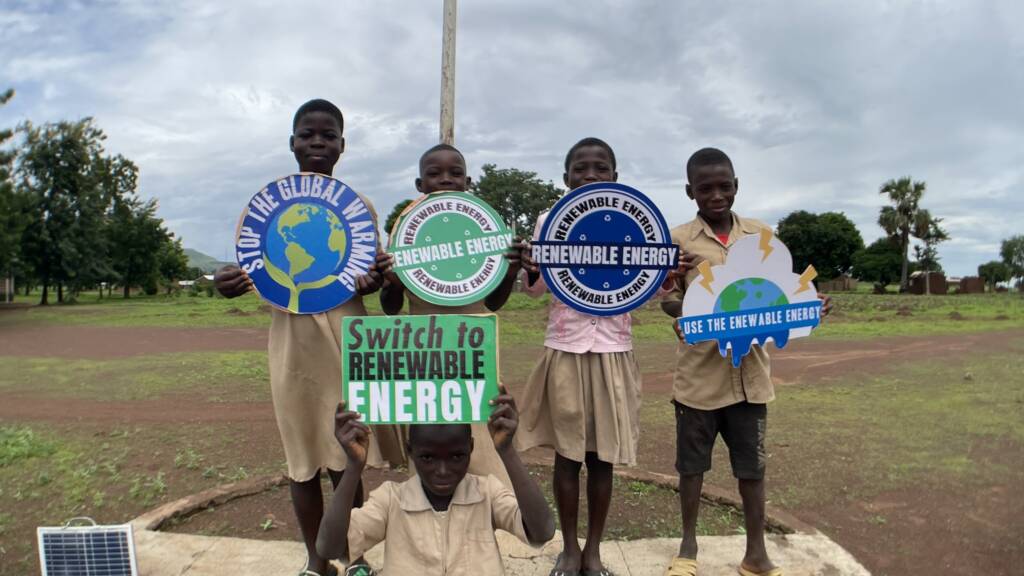Despite Africa’s low contribution to greenhouse gas emissions (3.8%), the continent is the area of the world most at risk from devastating impacts of climate change. The continent is both experiencing a climate and energy crisis. Decades of extractive activities driven by the greed of the fossil fuel industry, whose interests are only minded to advance economies in the Western world, has left Africa power deficient and on the frontline of climate change impacts. It is 2023, yet more than 600 million Africans have no access to electricity, and nearly 1 billion people have no access to clean cooking, relying instead on polluting fuels such as coal or kerosene.

To address the dual climate and energy crisis in Africa, we need to reject new financing for the fossil fuel industry, shut down their polluting operations, and take advantage of renewable energy. Renewable energy is not just a solution for today’s problems, we need to pressure our decision makers to make full use of these opportunities and ensure we have a transition to renewable energy that benefits Africans now and for future generations.
Studies showed that Africa has the world’s greatest potential for solar power generation and significant capacity for wind energy and hydropower. A mix of different types of renewable energy sources can replace fossil fuels and can be just as reliable.

RE Coalitions’ campaign #Solar4Schools aims to:
- educate students, young people, and communities in Benin and Togo through the awareness creation, training,
- Engage the policymakers through advocacy for 100% renewable energy, and…
- …solar equipment distribution.
Africa needs renewable energy to solve the continent’s energy crisis and climate crisis. A just energy transition to renewable energy will be sustainable, affordable and clean. Renewables can power up Africa, provide jobs and boost our economies by creating at least 26 million jobs in Africa by 2050.